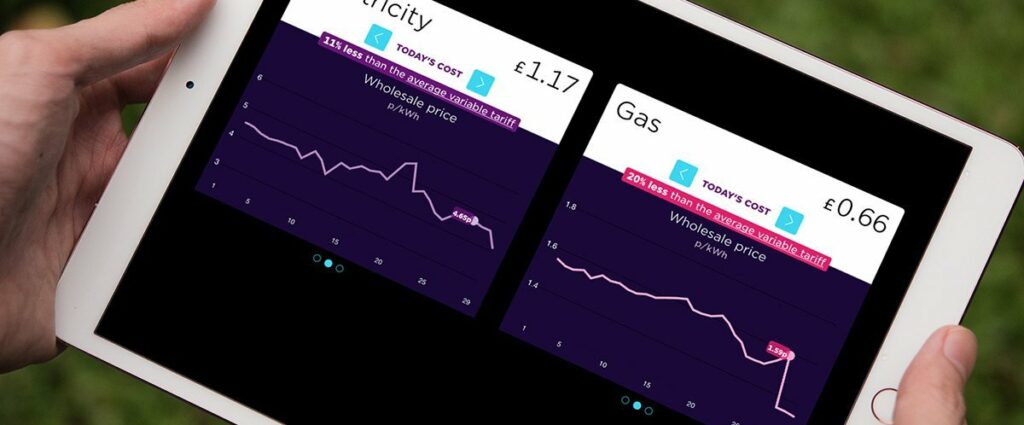Octopus Energy customers moved almost 450MWh of energy consumption across four demand flexibility periods with over £1 million saved collectively.
Across four hours, Octopus Energy customers had been asked to reduce demand on the energy grid in a bid to provide more capacity during peak times. This is performed via Octopus’ “Saving Sessions” scheme.
The first two trial periods had been recognised as a success with customers collectively having been paid over £525,000 for providing flexibility to the grid. The first trial on 15 November saw a total of 108MW of flexibility provided to the grid with the second trial having provided 112MW.
Now Octopus has stated that across all four of the demand flexibility sessions, its customers had moved almost 450MWh of energy consumption out of peak times resulting in each customer saving an average of over £4 across the sessions. Of this, the top 5% saved almost £20.
“This is a massive milestone – across just four hours, we’ve been able to pay out £1 million to our customers. Normally, this money would have gone to businesses or dirty gas power plants to balance energy demand, instead it’s helping people lower their energy bills this winter,” said Alex Schoch, head of flexibility at Octopus Energy.
“We are proud to have pioneered this trailblazing scheme, which is paving the way towards a smarter, greener and cheaper grid for all. And we’re glad that other energy suppliers are now getting involved, allowing even more people to grab a bargain and lower bills for everyone.”
A fifth Saving Sessions period is set for the evening of the 12 December between 5pm and 7pm.
As of 24 November, more than 420,000 customers of Octopus’ 1.4 million eligible electric smart meter customers had signed up to the scheme, which is running from November to March next year and is still accepting new sign ups.
The Saving Session scheme has been enabled via the introduction of National Grid ESO’s Demand Flexibility Service. This was developed partly with Octopus, which along with other suppliers ran trials of demand side flexibility earlier in the year.
The National Grid ESO’s demand flexibility service was set out in the energy regulator’s Winter Outlook report in October. Within this, the operator stated that while there is a risk of blackouts, it is “cautiously confident” that it had the tools to manage the predicted constraints.
A number of energy suppliers have signed up for the National Grid ESO’s demand flexibility scheme such as OVO Energy, E.ON Next and Flexitricity, which provided market access for the scheme.





